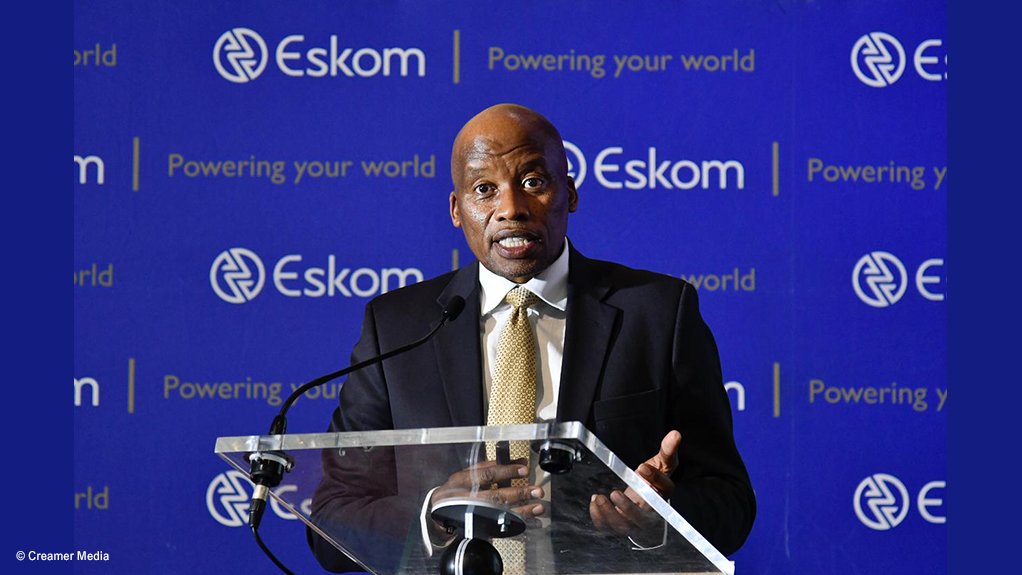The National Energy Regulator of South Africa (Nersa) has hosted public hearings into an application by the National Transmission Company South Africa (NTC) for the three licences it requires to begin operating as an independent subsidiary of Eskom Holdings, in line with the unbundling “journey” first outlined by the Department of Public Enterprises (DPE) in 2019.
The vertical separation of the grid company from Eskom is seen as a crucial step for levelling the playing field between Eskom Generation and independent power producers (IPPs), as well as for ensuring that sufficient transmission assets are funded and built to facilitate new generation investment.
A lack of grid capacity in the high-potential renewables regions of the Northern, Eastern and Western Cape provinces has emerged as a key constraint, with not a single wind project selected as a preferred bidder during the most recent public procurement round. This, owing to transmission limitations, as well as growing competition for grid allocations following recent market reforms allowing for private grid-connected distributed generation projects to proceed without a licence.
The regulator’s approval of the licences is one of two outstanding suspensive conditions for the legal separation of NTC, with the other being that of lender consent.
Eskom group executive for Transmission Segomoco Scheppers told Nersa on April 11 that such lender consent could flow only once the national transmission, trading, as well as import and export licences had been secured.
If granted by Nersa in the coming weeks, lender consent could follow by the end of April or early May, opening the way for the NTC to become effective by the end of June.
Scheepers reported that the transmission entity had already been functionally separated with its own management and board and had been registered as a State-owned company with the Companies and Intellectual Property Commission.
However, the DPE was still pursuing the appointment of additional independent directors to serve on the board, which would direct the NTC in line with the Companies Act and the Public Finance Management Act.
Several commentators have questioned the slow pace of board appointments, particularly given high level promises in this regard, including by President Cyril Ramaphosa who in his State of the Nation Address on February 9 said that the “National Transmission Company will soon be operational with an independent board”.
Scheppers also confirmed that a merger agreement had been concluded between Eskom Holdings and the NTC in line with the Companies Act, in terms of which the transmission business of Eskom Holdings, including assets comprising 170 substations and about 33 000 km of transmission lines, would be transferred to NTC once the suspensive conditions were met.
While the assets would be transferred, the debt attributed to NTC would continue to reside with Eskom Holdings, but reflected in the form of an equivalent inter-company loan with NTC.
The unbundled entity would assume responsibilities of system operator, transmission service provider, system planner, electricity trader, as well as exporter and importer.
The NTC would also assume responsibility for those power purchase agreements (PPAs) that had been concluded with Eskom as the designated single buyer.
Processes were, thus, under way to assign NTC as the buyer of electricity arising from PPAs in place with IPPs, as well as to amend the Government Support Framework Agreement to reflect the new position and to confirm the cost recovery mechanism.
Questioned on the rationale for the unbundling of NTC from distribution and generation, Scheppers said that such separation was seen as necessary to improve transparency regarding costs and to ensure that resources were appropriately allocated in a context of the need to connect much-needed new generation, most of which would arise from IPPs.
“We have a dire need for new generation capacity investments, and preferably this should lean less heavily on the fiscus and hence the question of the independence of transmission and the system operator in particular, has come up repeatedly from different stakeholders.
“And that's one of the things that we seek to clarify that, as we operate the system, we would want to give investors’ confidence that we are not biased in favour of Eskom and that we will treat all generators equitably in terms of the rules and to ensure that, through that confidence building, we can attract more generation into the future.”
He added that, in time, the NTC was likely to be uncoupled from Eskom Holdings entirely, but indicated that doing so immediately was deemed to be too complex from a financial and legal perspective.
There was no intention, he added, to privatise NTC particularly given that it was a natural monopoly-type business.
EMAIL THIS ARTICLE SAVE THIS ARTICLE ARTICLE ENQUIRY
To subscribe email subscriptions@creamermedia.co.za or click here
To advertise email advertising@creamermedia.co.za or click here











